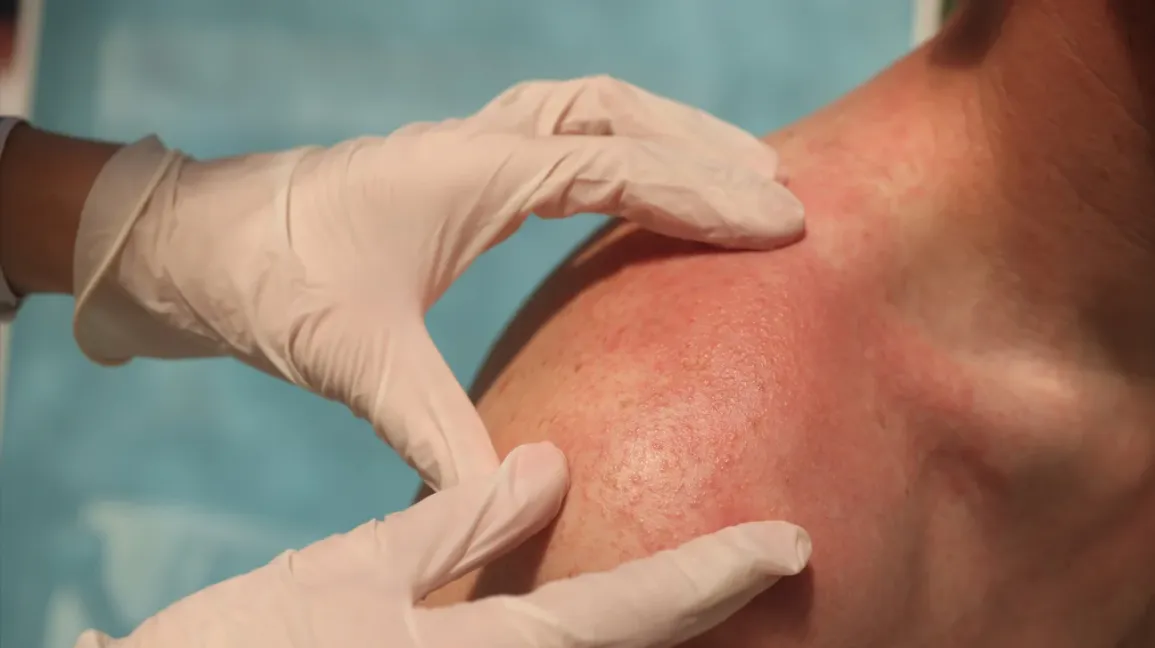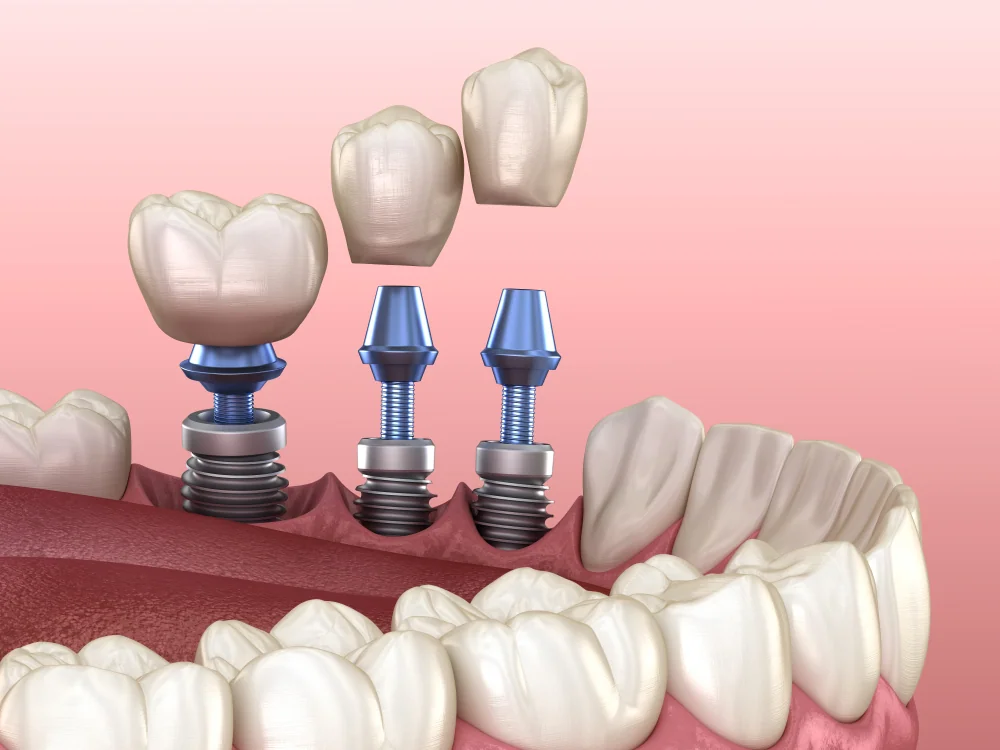Eczema: Early Signs and Medication in 2023
- Posted on Nov. 7, 2023
- Health
- Views 79
Statistically, 25% of Americans have experienced a skin ailment, as stated by the Academy of Dermatology. Among these, eczema stands out, impacting about 30 million people nationwide. Although it's a lifelong condition for some, treatment is available to alleviate symptoms, despite the absence of a definitive cure.
Read More

What's Eczema?
Marisa Garshick, a board-certified dermatologist says: "Eczema, a skin condition encompassing redness, itchiness, dryness, and sometimes flakiness, can manifest on any part of the body.” Majorly emerging in early childhood, approximately 80% of cases arise before age 6, reports NEA. While some outgrow the condition, it can persist into adulthood, affecting different body areas. Symptoms might intensify with age, causing heightened inflammation, discomfort, and itchiness.
Symptoms vary in range and severity. For some, mild, occasional flare-ups are the main symptoms. Others face more frequent, severe episodes hindering, necessitating medication.
What Are the Reasons?
The exact cause remains unknown, but there are several approximate reasons. Central to all eczema cases is profoundly dry skin that lacks moisturizing. However, skincare itself cannot fully prevent the disease. Potential eczema reasons include:
- Filaggrin gene mutation: Some patients have a mutated Filaggrin gene, impacting skin cell maturity and the production of a barrier-sustaining protein. This mutation heightens skin susceptibility to irritants and allergens, potentially provoking eczema flares.
- Low beta-defensins levels: Eczema patients often display reduced beta-defensins, vital antimicrobial peptides safeguarding the skin from invaders, potentially influencing the condition's development.
- Natural reasons: Stress and pollution are among the environmental factors that disrupt the skin barrier, allowing entry to irritants and allergens.
Symptoms
Eczema symptoms are diverse, varying in intensity and appearance. The primary symptom is itching, which can range from mild to severe. Dr. Garshick highlights the most prevalent symptoms:
- itchiness;
- pink, red, or brown scaly patches or plaques;
- thickened skin areas;
- weeping or crusted regions;
- skin roughness.
Atopic dermatitis is often referred to as the "itch that rashes," clarifies Dr. Garshick. Scratching triggers the rash. While eczema can appear anywhere on the body, it usually affects arms and legs, including behind the knees, the hands, and facial regions.
Possible Triggers
Eczema triggers are varied and can exacerbate the condition:
- Irritants: Soaps, detergents, or cleaning chemicals
- Allergens
- Temperature changes
- Emotional stress
- Dry skin
- Non-breathable fabrics like wool
- Excessive sweating
Treatment
Treatment varies based on the severity and symptoms experienced. Mild cases may be managed with topical corticosteroids to reduce inflammation, while difficult situations often require prescription medications, including oral treatments and specific therapies like bleach baths and light therapy. Common treatments encompass:
- daily skin hydration with fragrance-free ointments;
- anti-inflammatory medications and steroids like hydrocortisone;
- oral antihistamines for increased itching at night;
- mupirocin for bacterial infections;
- bleach baths to reduce bacteria;
- UV light therapy, which minimizes inflammation under a dermatologist's supervision.
Dr. Garshick emphasizes treating eczema not only to alleviate symptoms but also to protect the skin barrier from infections, as compromised skin is more susceptible to external threats.
Prevention
Proper skincare and preventive measures may lower the risks of eczema. Experts recommend the following measures:
- use mild soaps;
- regularly moisturize your skin: maintain hydration to prevent dryness;
- avoid triggers – identify and stay away from substances that worsen the condition;
- choose comfortable clothing;
- shower in lukewarm water.
Can the Diagnosis be Cured?
Eczema, as confirmed by both Dr. Garshick and Dr. Chacon, lacks a definitive cure. However, effective treatments exist to alleviate the symptoms of itchy and dry skin associated with the condition. Dr. Chacon highlights that while eczema is chronic and doesn't have a cure, some children may naturally outgrow it over time.
Possible Complications
Eczema's impact on the skin barrier increases the risk of infections. Various bacteria, viruses, and fungi can invade the skin, leading to further diseases. In severe instances, these infections can pose life-threatening risks. Moreover, eczema can trigger emotional concerns like depression and anxiety.
Diagnosis
Eczema is typically diagnosed through a physical examination and detailed medical history. The healthcare provider assesses the skin, inquires about symptoms, and notes their onset. Family history is also considered as eczema tends to have a genetic component.
In some cases, a skin biopsy may be conducted to distinguish eczema from conditions with similar symptoms.
Signs You Need a Doctor
If you suspect eczema and home care aren't effective with moisturizers and gentle cleansers, seeking a doctor's advice is crucial. Dr. Garshick recommends consulting a healthcare provider when the condition becomes itchy, uncomfortable, or significantly affects sleep and overall quality of life.


